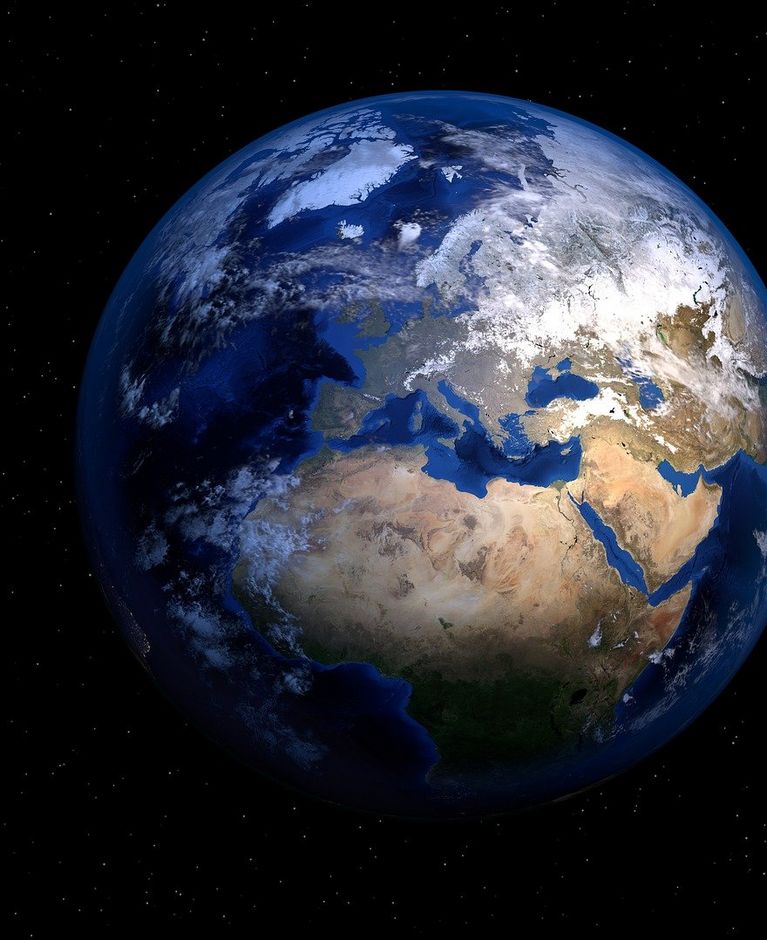
Program „Changing Earth – Sustaining our Future”
Vision
With the program “Changing Earth – Sustaining our Future" we will lay the path towards a future Earth that can sustain human society and the biosphere as a whole.
Mission
• Gain a holistic understanding of the changing Earth system, the dynamics, feedbacks and interactions of its compartments.
• Provide actionable knowledge that can be used for a transformation towards a sustainable management of planet Earth.
Topics
Scientists from seven Helmholtz centers are united in this research program and are looking at the Earth system across compartments and centers. We have organized ourselves into nine topics.
Connecting Program Elements
Many socially relevant and important themes that need to be addressed by different disciplines fall between these nine scientific Topics. To this end, the “Changing Earth - Sustaining our Future” program has various connecting and interdisciplinary program elements.
© Fauxels (pexels)
Innovation Pool Projects
The innovation pool for the research field Earth and Environment serves to strengthen cooperation between the centers, promote new innovative ideas in 3-year projects, support initiatives by young scientists and react flexibly to new, socially relevant topics in research campaigns.
SynCom
SynCom supports the synthesis of overarching research themes from the program (“Syn”) and forms the interface in the dialogue between science, society and politics (“Com”). SynCom promotes the “Changing Earth - Sustaining our Future” program through cross-center and cross-Topic networking activities.
Environmental Monitors, Apps and Multimedia
We publish our research results not only in the form of specialist articles, but also provide information on our research, data and results in a variety of forms.
© Andrey VP AdobeStock
Environmental Monitors
The “Changing Earth - Sustaining our future” program generates a lot of relevant and useful environmental data, from direct measurements in the field or laboratory to the results of complex model runs. Some of this data is made available to the wider public in the form of online resources. A selection of monitors is listed here.